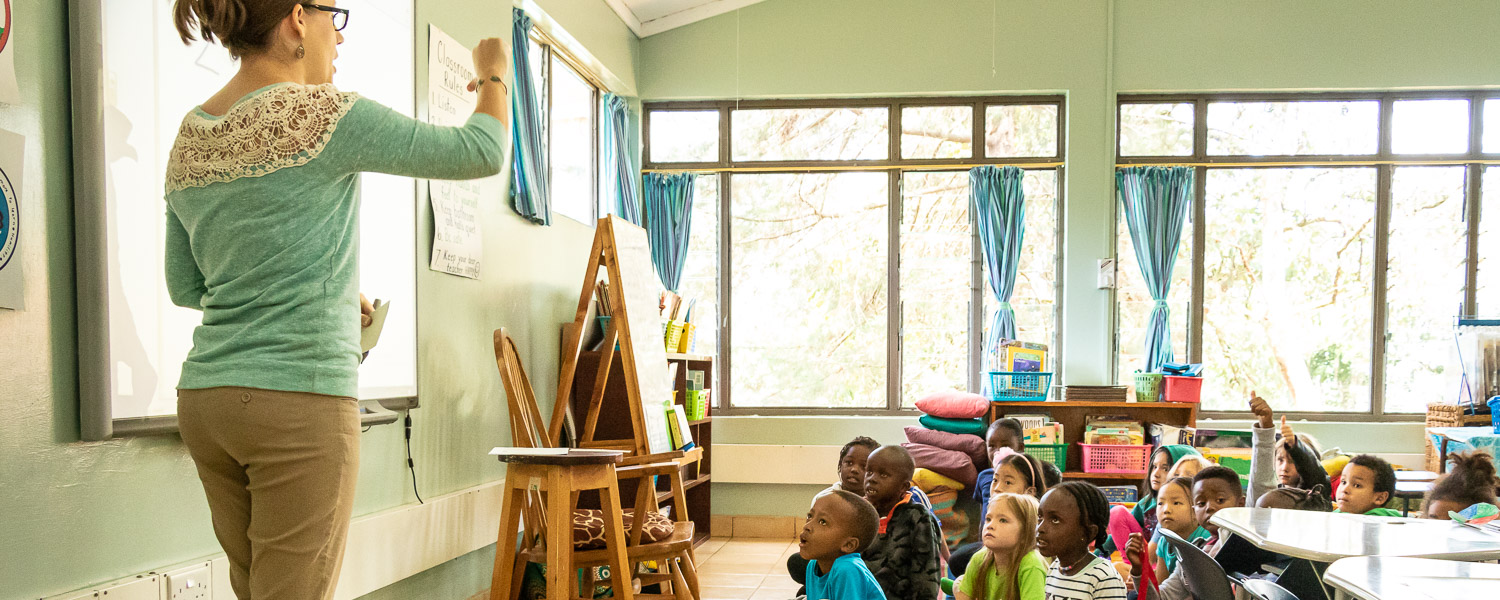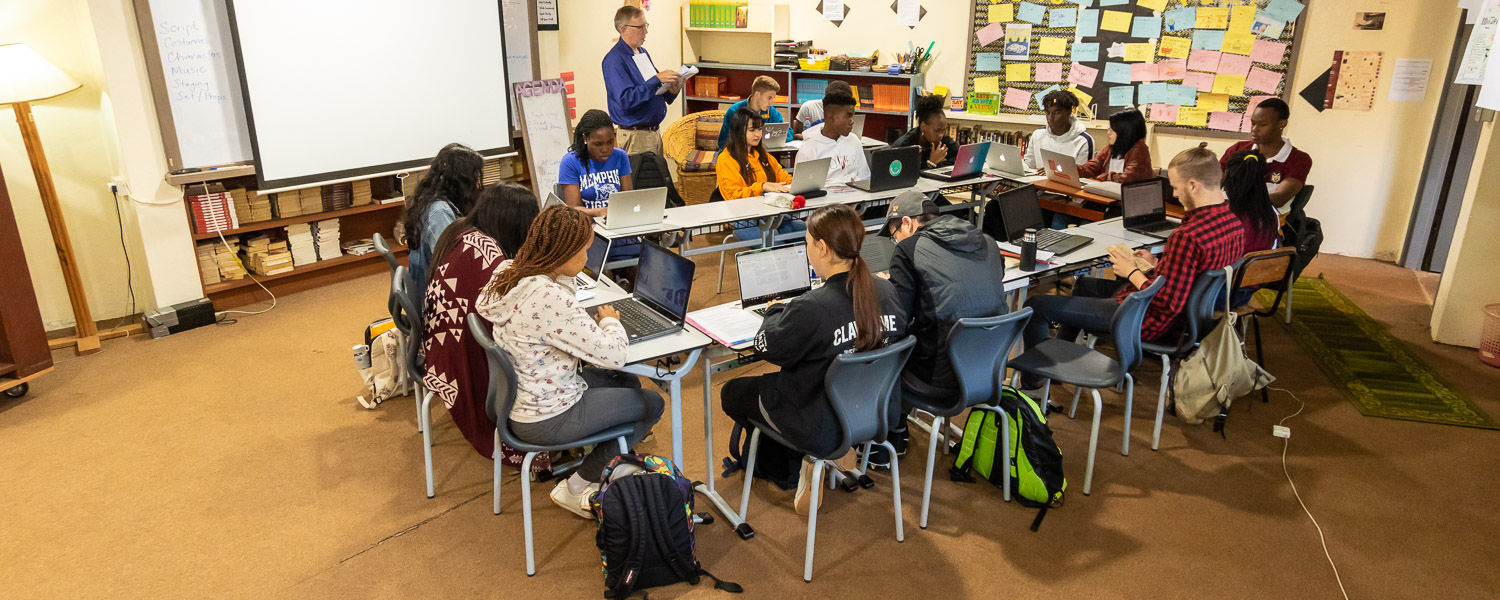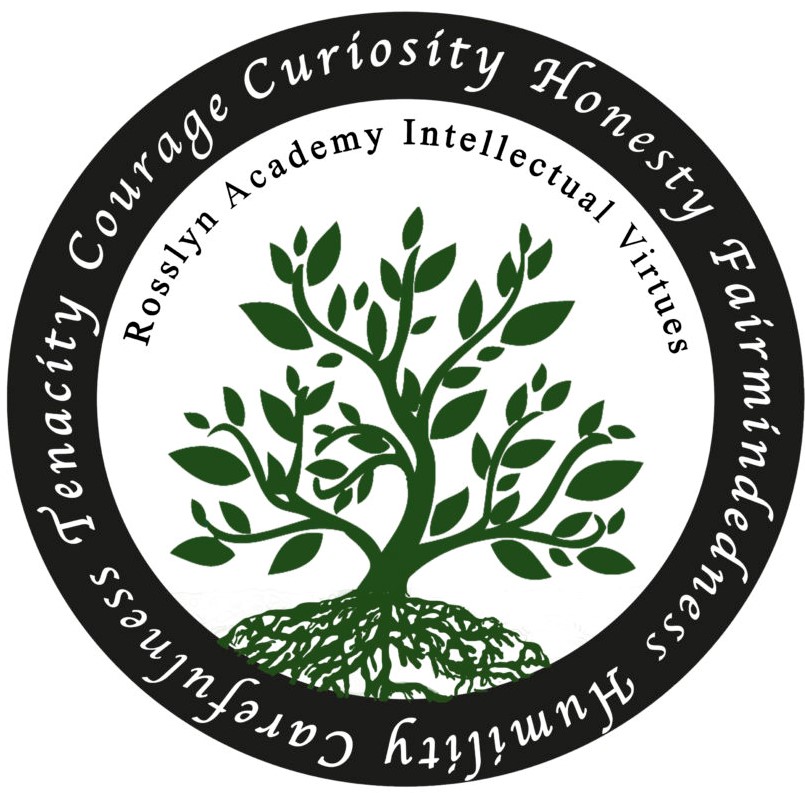Community of Intellectual Virtue Schools

The Community of Intellectual Virtue Schools (CIVS) is an informal association of schools that believe that the development of virtuous intellectual character is an important educational aim. CIVS schools are committed to giving Intellectual Virtue a significant place in the life of their schools.
A sample of schools who are making Intellectual Virtue a priority in teaching and learning:
What is Intellectual Character?
Intellectual Character, as an idea, is as old as civilization. While it has not been given a great deal of scholarly attention until recently, Aristotle and other Greek philosophers placed significant emphasis on the habits and character of the mind. The Judeo-Christian tradition is, likewise, infused with references to the transformative power of our thinking habits and the centrality of Intellectual Virtue to living well (that is, living a God-honoring life). And yet, as an explicitly defined concept applied to educational aims and practices, Intellectual Virtue is very new. It is only in the last generation that philosophers and educational thinkers have begun to consider the immense pedagogical potential of Intellectual Virtue.
Four Ways of Describing this Intellectual Character
- Thinking habits that have been repeated so often they have become a part of who we are
- The unnoticed filter of thinking habits (virtuous or not) that shape and color every decision we make
- A composite of virtuous thinking traits – for instance, intellectual curiosity, intellectual courage, intellectual carefulness, intellectual fair-mindedness, intellectual honest, intellectual humility, and intellectual tenacity
- Deeply-rooted thinking habits that result from an intentional and prolonged pursuit of the truth
Why do educators think Intellectual Virtue is so important?
Harvard University’s Ron Ritchhart: “When all is said and done, when the last test is taken, what will stay with a student from his or her education? Treasured experiences, positive relationships, meaningful interactions, yes. But what about the knowledge and skills teachers have worked so hard to impart? Surprisingly, we don’t have much evidence that these have a very long shelf-life. So what sticks?... I contend that what stays are patterns: … patterns of thinking… These patterns make up our character, specifically our intellectual character… This is the kind of long-term vision we need for education: to be shapers of students’ intellectual character.” (Intellectual Character, p. 9)
Intellectual Virtue development necessarily and naturally leads to the other significant aims of education, such as:
- Developing Lifelong Learners
- Critical Thinking
- Problem-Solving
- Creative Thinking
- Depth and Breadth of Knowledge
- Moral and Civic Virtue
- And Many Others…
What does educating for Intellectual Virtue look like in practice? And what are other schools around the world doing to integrate the pursuit of Intellectual Virtue in their contexts? For additional resources, to see what other schools around the world are doing, or to request more information, check out the Intellectual Virtues Resource Page.


